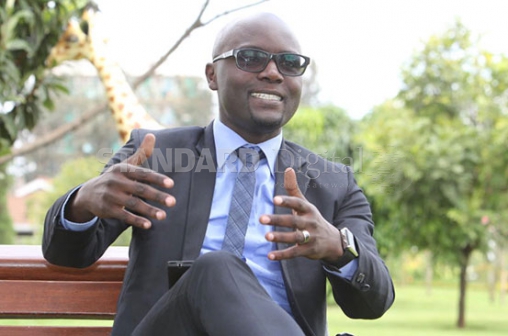×
The Standard e-Paper
Smart Minds Choose Us

NAIROBI: February 17 should be declared Atheists’ Day.
That is according to Harrison Mumia, the president of Atheists in Kenya which was officially registered three days after this Valentine’s.